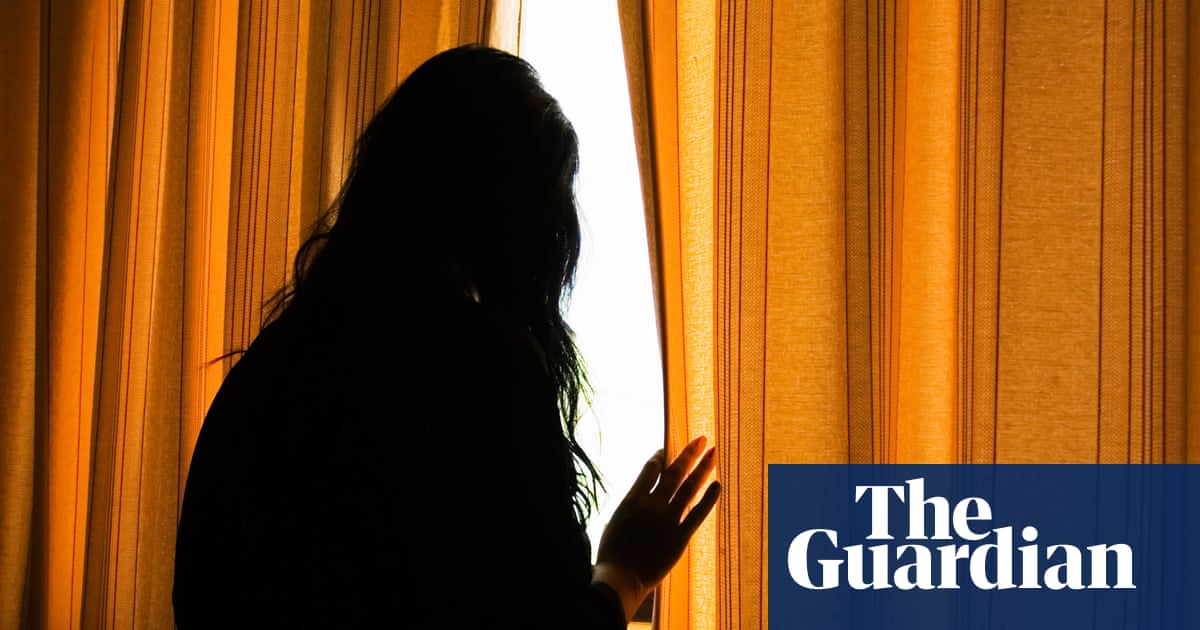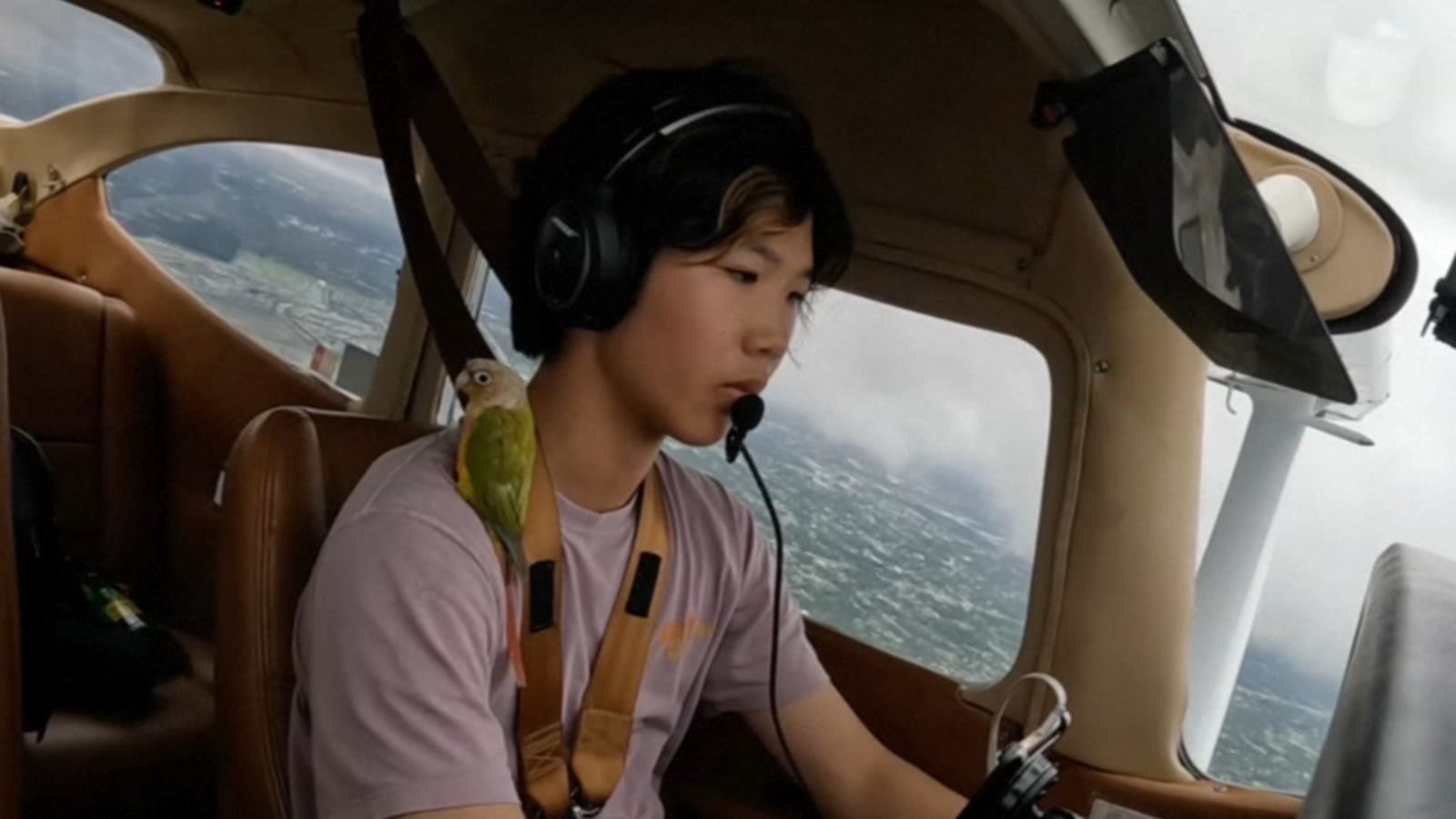The Shocking Truth Behind Hidden Cameras: Are Women in China Safe?

What if the person you love the most turned out to be your worst nightmare? When Ming stumbled upon a hidden camera in her bedroom, her heart raced with fear and disbelief. Initially, she held onto the hope that her boyfriend was merely preserving memories of their blissful moments together. But reality crashed down on her like a tidal wave of terror.
In an unfathomable turn of events, Ming discovered that her boyfriend was secretly capturing sexually exploitative photographs of her, her friends, and countless other unsuspecting women. He even went so far as to use advanced AI technology to create pornographic images from these violations. Imagine the betrayal!
Confronted by Ming, her boyfriend’s pleas for mercy turned into anger when she wouldn’t forgive him. This betrayal is not just Ming's story; it echoes a chilling pattern across China, where countless women have fallen victim to covert photography and online exploitation. From hidden cameras in public restrooms to pinhole devices concealed within everyday objects, these horrifying acts occur both in private and public spaces, often without the victims’ knowledge or consent.
More alarmingly, these illicit images find their way into online groups where they are circulated, scrutinized, and sold, leaving many women feeling violated and helpless. One notorious group on Telegram, dubbed the “MaskPark tree hole forum,” boasted more than 100,000 mostly male members, illustrating the appalling normalization of such predatory behavior.
Li Maizi, a prominent feminist in China now residing in New York, highlighted the desperate vulnerability of women in this digital age of exploitation. “What’s even more insidious is that many perpetrators are known to their victims—partners, boyfriends, even fathers,” she lamented, encapsulating the horror of these violations.
The eruption of this scandal has sent shockwaves through Chinese social media as discussions about online harassment gain momentum. Despite the power of Chinese regulators to combat such behavior, their focus often leans toward restricting politically sensitive information rather than addressing the rampant sexual harassment that permeates the internet.
Eric Liu, a former content moderator at Weibo, remarked on the mass censorship surrounding the MaskPark incident, stating, “If the Chinese government wanted to shut down the groups, they definitely could.” Yet, he recognizes a disturbing trend: the persistence of this type of content online seems to be an unshakeable reality.
In China, distributing pornography can lead to a two-year prison sentence, while taking photos without consent can result in up to 10 days of detention. However, advocates argue that the legal framework falls woefully short. Victims are often left to gather evidence of their violations, a daunting task in the digital realm.
Xirui, a Beijing-based lawyer specializing in gender-based harm, pointed out that the legal system is fraught with obstacles. “The burden of proof often lies with the victim, and the statute of limitations can be a nightmare,” she explained.
Beyond legal battles, the psychological toll on victims is immense. Many women grapple with shame and fear, making it all the more challenging to come forward. “I’ve seen cases where landlords spy on female tenants. The victims often seek civil compensation for violations of privacy, but the system can fail them,” Xirui said.
To combat this alarming epidemic, experts suggest that the government could enact specialized legislation, enhance gender sensitivity training for law enforcement, and urge courts to develop clear guidance on relevant cases. For Li, these incidents reveal a broader issue of tolerance and inadequate law enforcement. “The focus seems to be on censoring female voices rather than addressing the root of the problem,” she asserted.
As technology continues to advance, women’s bodies face unprecedented digital exploitation. However, Li believes that with the right resources and commitment from authorities, meaningful change is possible. “We must hold the Chinese government accountable,” she declared, fueling the urgent call for justice.



























